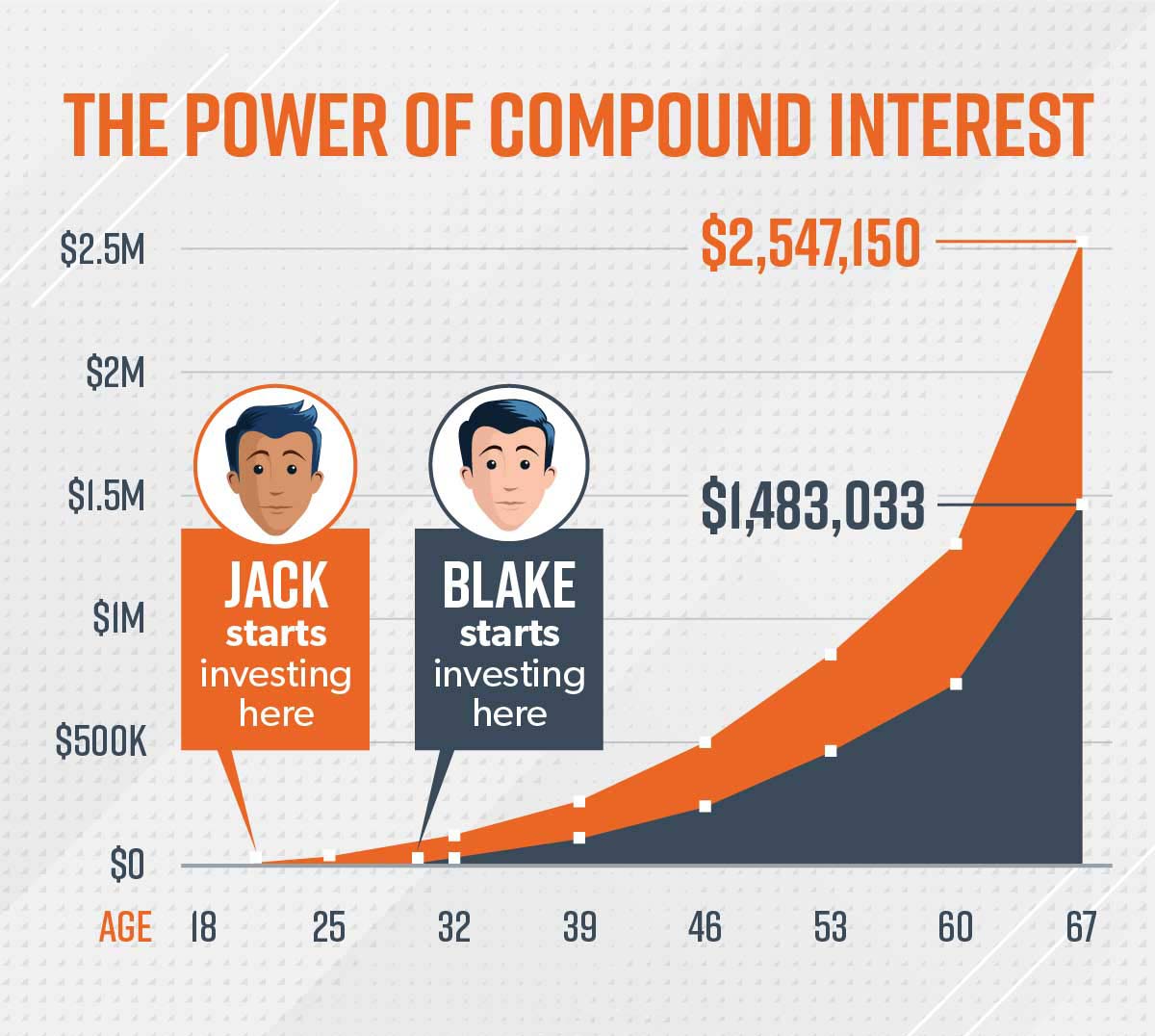If the idea of buying the stock market terrifies you, you are not alone. Individuals with very limited experience in stock investing are either frightened by horror stories of the average investor losing 50% of their portfolio valuefor example, in the two bearishness that have currently taken place in this millennium or are beguiled by "hot pointers" that bear the promise of huge benefits however seldom pay off.
The truth is that investing in the stock market carries risk, however when approached in a disciplined way, it is among the most efficient methods to build up one's net worth. While the worth of one's home generally accounts for the majority of the net worth of the typical specific, the majority of the upscale and very rich generally have most of their wealth purchased stocks.
Secret Takeaways Stocks, or shares of a company, represent ownership equity in the company, which provide investors voting rights along with a residual claim on business revenues in the form of capital gains and dividends. Stock exchange are where private and institutional investors come together to purchase and offer shares in a public place.
A specific or entity that owns 100,000 shares of a business with one million outstanding shares would have a 10% ownership stake in it. A lot of companies have exceptional shares that run into the millions or billions. Common and Preferred Stock While there are 2 primary kinds of stockcommon and chosenthe term "equities" is associated with common shares, as their combined market worth and trading volumes are numerous magnitudes larger than that of favored shares.

Preferred shares are so named since they have preference over the common shares in a company to receive dividends https://rylandlsw258.over-blog.com/2021/08/investing-for-beginners-how-to-get-started-hsbc-uk.html As assets in the occasion of a liquidation. Typical stock can be further categorized in terms of their voting rights. While the standard property of common shares is that they need to have equal ballot rightsone vote per share heldsome companies have dual or multiple classes of stock with different ballot rights connected to each class.